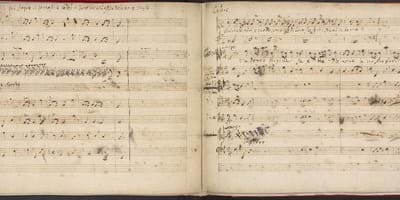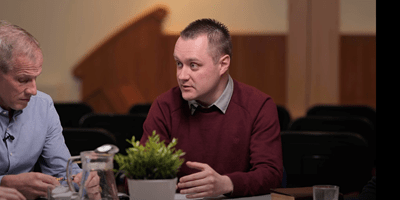Rabbie was born on January 25th, 1759, but a number of his poems and songs have stood the test of time, and many of his lyrics are instantly recognisable:
My love is like a red, red rose that’s newly sprung in June – from “A Red, Red Rose”
Wee, sleekit, cowrin, tim’rous beastie – from “To a Mouse”
Although it has been said that many of the lyrics were collected by Burns, rather than originally penned by him, he is nevertheless credited with the fame of the song Auld Lang Syne.
However, there’s a line in one of his lengthier poems that is particularly interesting. From his rather unsettling work Tam O’ Shanter, Burns writes:
Nae man can tether time or tide
Of course, you would have to read the whole poem to better understand the context of the line, but ultimately Burns comments that no man can control time, or nature.
In an unforgiving and relentless way, time marches on. Minutes turn to hours. Hours to days, and, before we know it, years slip through our fingers. No man can slow time down, or bring it to a standstill.
And who could possibly dominate and control the natural world? Who can stop the sun from shining, or change the direction of the wind, or cause the rain to fall on one place or another?
The Bible speaks to both of these things: time and nature.
In the book of Job, God asks multiple, rhetorical questions of the man after whom the book is named. Job has been questioning why various calamities have occurred in his life for, it seems, no apparent reason. It’s a lengthy book, but, at the end of a fascinating exchange between Job and his friends, God, who until now has listened to what others have had to say about Him, steps in and speaks to Job:
“Have you commanded the morning since your days began, and caused the dawn to know its place” (Job 38:12).
“Can you lift up your voice to the clouds, that an abundance of water may cover you?” (Job 38:34).
God is reminding Job, and his friends, of who He is and what He does, and included in that is His sovereign control over creation; nature is subject to Him. The Christian’s mind immediately runs to the New Testament part of the Bible where we read of the Lord Jesus Christ, truly God and truly Man, standing in a boat in the middle of a storm and commanding:
“‘Peace, be still!’ And the wind ceased and there was a great calm” (Mark 4:39).
But what of time? As He is with all creation, God is sovereign over time. As the Creator of time, He is not bound by it, but exists outside of it. The Bible even tells of action taken by God before time began (see 2 Timothy 1:9; Titus 1:2; 1 Peter 1:20).
However, our relationship with time is entirely different. Consider this Scripture:
“Whereas you do not know what will happen tomorrow. For what is your life? It is even a vapour that appears for a little time and then vanishes away” (James 4:14).
By comparing life to a mist that quickly vanishes in the morning sun, James illustrates how fleeting our lives are on earth when compared to eternity. From our perspective, some people have extraordinarily long lives, while others, for one reason or another, live only for a short time. While none of us know how much time is afforded to us, we do know, from Scripture, that we are not guaranteed tomorrow. For each of us there will come a moment when we step from time into eternity (Hebrews 9:27).
So, what are we to do with this information? While nae man can tether time or tide, we ought to make use of the moments we do have. If you are a believer in Christ, use what time is afforded to you in His service and for His glory, knowing that each action bears eternal consequence.
However, if you are not a Christian, if you are not trusting in the sacrifice of Jesus Christ alone for the forgiveness of your sins, and the salvation of your never-dying soul, redeem your time by seeking after God (Acts 17:26-27). The eternal One stepped from eternity into time, coming from heaven to earth, becoming a Man to, ultimately, bear the wrath of God and die on the cross of Calvary (Philippians 2:6-8). Through faith in that sacrifice, and belief that Christ has now been raised from the dead, the Word of God declares, “you will be saved” (Romans 10:9).
Only one life, ‘twill soon be past, only what’s done for Christ will last
– C.T. Studd (Christian Missionary 1860-1931)


































